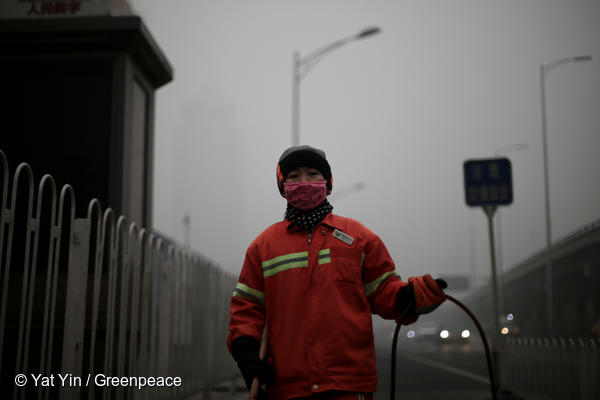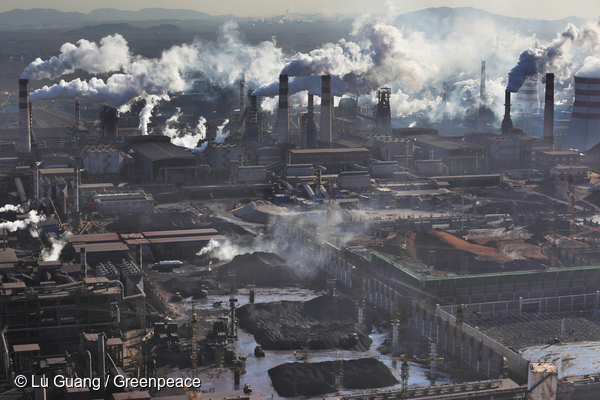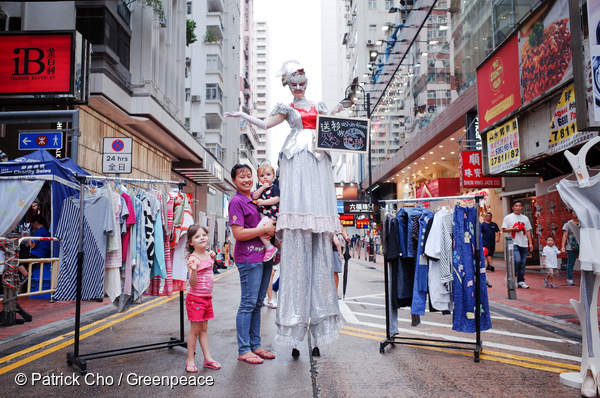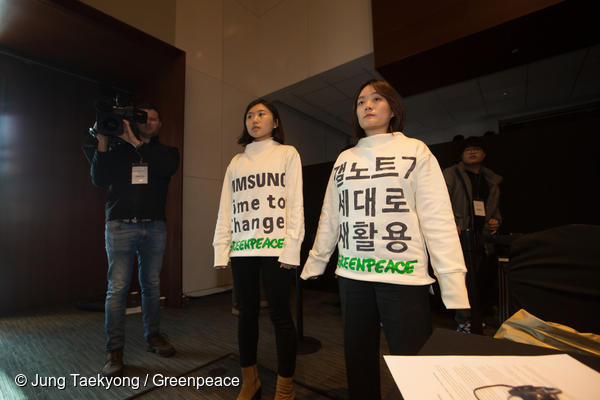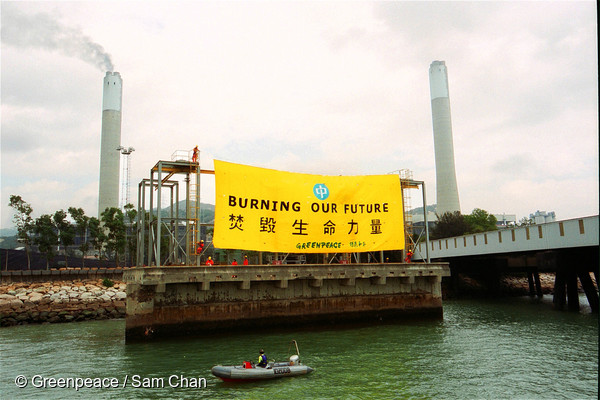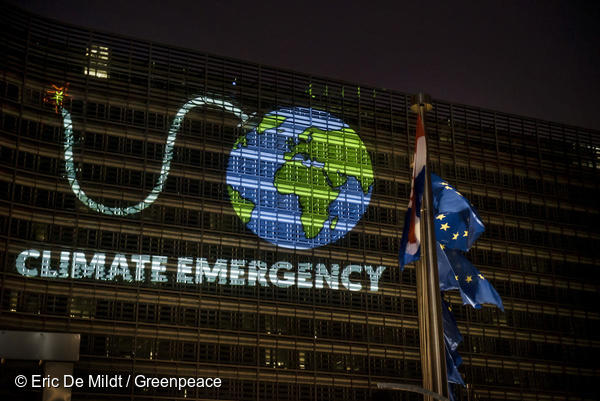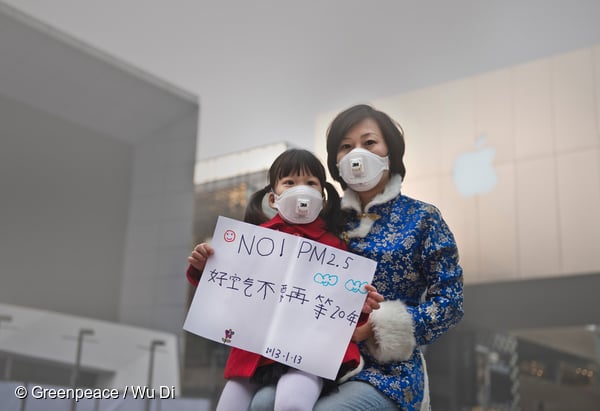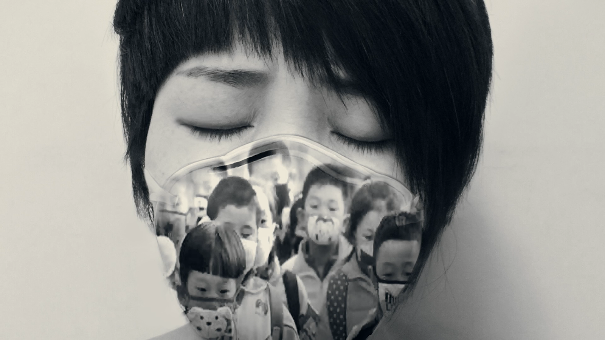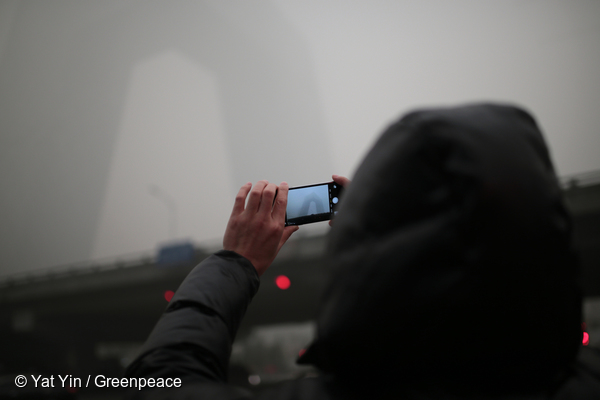News & Stories
Filtered results
-
Friday Five: Smog and mirrors plus an epic lawsuit
Friday roundup highlighting the environmental news and commentary of the week. Smog and Mirrors? China’s steel capacity increased despite cuts [Washington Post] Last year China announced huge cuts to its over…
-
A long and hopeful journey
20 years ago today, Greenpeace East Asia opened its first office in Hong Kong. Greenpeace was new to the region and seemingly insurmountable obstacles loomed large from every direction over…
-
Despite claims of cuts, China sees steel operating capacity increase in 2016, air quality to suffer – Greenpeace
*The below report was commissioned from the steel industry consultancy Custeel E-Commerce Co., Ltd. by Greenpeace East Asia. Since publication on Monday 13 February, Custeel have raised concerns that the definition of certain terms and elements of the data collection and calculation methods and content of the report contain inaccuracies. Greenpeace East Asia and Custeel…
-
Hong Kong people spend HK$25 billion on clothes a year
Greenpeace today release a report based on a survey comparing Hong Kong and Taiwan consumer behaviour and attitudes. The survey debunks the myth that "shopping buys you happiness", with a significant proportion of shoppers said that once the excitement of shopping had worn off they felt even hollower. Greenpeace urges Hong Kong public to reflect…
-
Samsung fails to share a plan to deal with 4.3 million Galaxy Note 7 – Greenpeace
Seoul, 23 January 2017 - Samsung today announced the results of investigations into what caused the Galaxy Note 7 explosions, but has still failed to publish its plan to deal with the 4.3 million phones recalled worldwide. Greenpeace urges Samsung to immediately show leadership and be transparent about how it will deal with these phones…
-
Cancelling new coal plants in Southeast Asia, Korea, Japan would save 50,000 lives a year
Hong Kong, 13 January 2017 - Approximately 50,000 lives a year could saved by 2030 if no new coal-fired power plants are built in Southeast Asia, South Korea, Japan and Taiwan, according to a groundbreaking peer reviewed study from researchers at Harvard University and Greenpeace International.
-
China raises hopes for continued climate change action at Davos – Greenpeace
17 January 2017, Davos - Chinese President Xi Jinping today addressed the opening of the World Economic Forum in Davos. Under the theme "responsive and responsible leadership", Xi offered his view on a set of global issues including climate change, urging all parties to stick to the Paris Agreement instead of walking away from it,…
-
Almost three quarters of Chinese cities yet to reach air quality national standards: Greenpeace
Beijing, 17 January, 2017 - Analysis of rates of air quality improvement from 366 cities across China shows that 270 cities, or 74%, fail to meet China’s national air quality standards. Greenpeace East Asia and the Shanghai Qingyue Environmental Protection Center [1] urge city governments across the country to ensure that timelines to meet the…
-
5 Chinese “artivists” that took on China’s air pollution
With avenues of protest and online discussion strictly controlled, artists in China are finding increasingly creative ways to voice their frustration at their cities’ appalling air pollution.
-
Friday Five: Airpocalypse and a fighting chance for elephants
China aims to spend at least $360 Billion on renewable energy by 2020 [NY Times] Details of China’s energy sector 13th five year plan for energy were released yesterday, revealing a…

